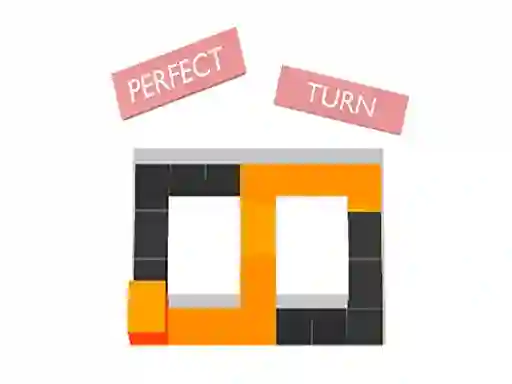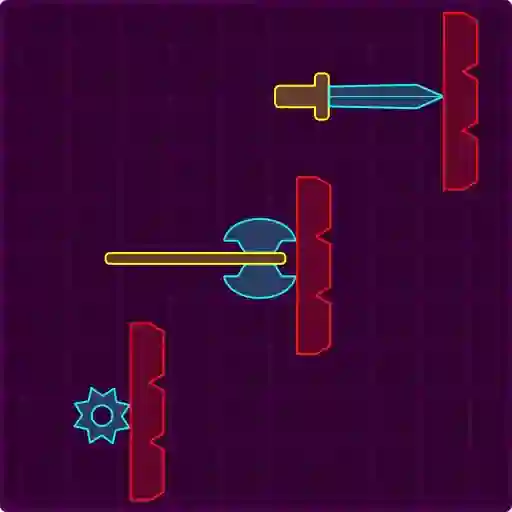
Toilet Paper The Game

Office Brawl - Room Smash

Bread Pit

Newtonian Inversion

Jewel And Crazy Birds

Love Balls

Puppy Merge

Motocross Hero

Icy Purple Head

FZ Perfect Turn

Pinball World Cup

Stop The Bullet

Stunt Bike

Slingshot Master

Crazy Chicks

Chuck Chicken Magic Egg

Muddy Village Car Stunt

Stack The Gifts Xmas

Bouncing Eggs

Domino Smash 3D

Fit Cats

Unscrew Them All

Cricket Clash Pong

Voodoo Doll

BALLS IMPACT

Physics Knife

Stupid Zombies

Drunken Duel

Monster Truck 2D

Spill the Beer!

Ball Drop

Bread Pit 2

Team Kaboom

Ballzor Level Pack

Crossbar Challenge

PlanetUp

Cannon shot

Draw and Save Stickman

Pool Buddy 2

Helping Little Duck
Physics Games
What is Physics games?
Physics games are a genre of video games that emphasize the simulation of physical principles, such as gravity, motion, collision, and energy. These games often challenge players to solve puzzles, build structures, or navigate environments by leveraging realistic or exaggerated physical interactions. Key features of physics games include:
• Realistic simulations: Games that faithfully replicate real-world physics, such as gravity, friction, and collision dynamics.
• Creative problem-solving: Players must use physical principles to overcome obstacles or achieve objectives.
• Dynamic environments: Environments that react to player actions, such as destructible objects, moving platforms, or fluid mechanics.
• Construction and engineering: Games where players build and test structures, vehicles, or machines, often under physical stress.
• Precision and timing: Games that require precise timing and control to manipulate objects or navigate challenging terrains.
Examples of popular physics games include titles where players manipulate objects to reach a goal, build structures that must withstand physical forces, or engage in racing with realistic vehicle physics. Some games also feature simulated physics in creative or exaggerated ways to enhance gameplay.
Frequently Asked Questions
What makes physics games unique?
Physics games are unique because they focus on realistic or creative simulations of physical interactions, often requiring players to think critically about cause and effect, weight distribution, and motion. This emphasis on physics creates a distinct gameplay experience compared to other genres.
What are some examples of popular physics-based games?
Examples include Angry Birds (puzzle physics), Bridge Constructor (engineering and structural physics), Real Racing (vehicle physics), and Kerbal Space Program (orbital mechanics and rocket physics). These games showcase different aspects of physics-based gameplay.
Do physics games require a strong understanding of physics?
No, physics games are designed to be accessible to all players. While some games may involve complex physics concepts, they are typically presented in an intuitive way. Players can learn and enjoy the game without prior knowledge of physics, though understanding basic principles can sometimes provide an advantage.